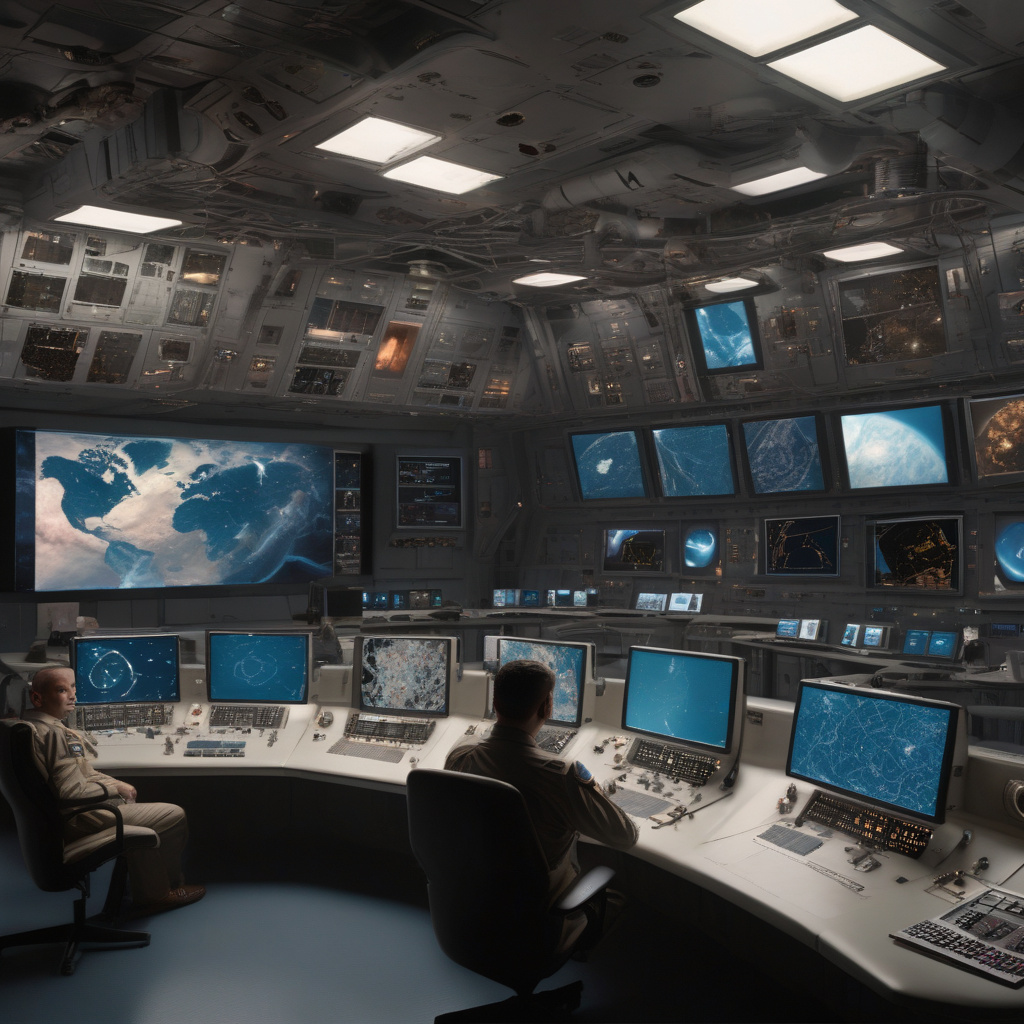NASA Report Highlights Risks of Relying on Generative AI
In a world where generative AI (genAI) is increasingly lauded for its efficiency and flexibility, a recent report from NASA serves as a stark reminder of the technology’s inherent unreliability. The report raises crucial concerns about the trustworthiness of genAI, particularly in critical research scenarios.
The core issue highlighted in the report revolves around the fundamental flaws within genAI systems that lead to erroneous outcomes. These errors stem from various factors, including hallucinations where AI tools fabricate answers, reliance on flawed training data, disregard for query instructions, and the failure to adhere to essential guidelines.
To put it into perspective, consider a scenario where a human employee consistently provides inaccurate information, ignores instructions, and breaches security protocols. Such behavior would be deemed unacceptable in any professional setting. Yet, many enterprises are turning a blind eye to similar shortcomings in genAI systems, jeopardizing the integrity of their operations.
NASA’s report underscores the critical need for thorough assessment and validation of genAI before its deployment in mission-critical environments. The analogy drawn between releasing potentially hazardous systems without proper safety analysis and embracing genAI without adequate scrutiny is compelling.
Moreover, the report questions the suitability of genAI for tasks that require reasoning rather than mere data generation. It emphasizes the importance of empirical research and cautious experimentation to ascertain the applicability of genAI in diverse scenarios. By highlighting the limitations of genAI models and their inability to make informed decisions in complex situations, NASA prompts a reevaluation of the technology’s role in critical operations.
Industry experts echo NASA’s concerns, emphasizing the pivotal role of CIOs in steering organizations away from overreliance on genAI. They stress the importance of aligning business expectations with technological realities and advocating for a balanced approach to risk assessment.
Moving forward, a strategic approach to genAI implementation is recommended, with an emphasis on robust governance, meticulous risk evaluation, and prudent data management practices. By treating genAI as a valuable tool rather than an infallible solution, organizations can mitigate potential risks and ensure more sustainable outcomes.
In conclusion, NASA’s findings serve as a valuable wake-up call for enterprises entrusting genAI with critical tasks. By acknowledging the limitations of generative AI and adopting a cautious approach to its utilization, organizations can navigate the complex landscape of AI technology with greater foresight and resilience.

